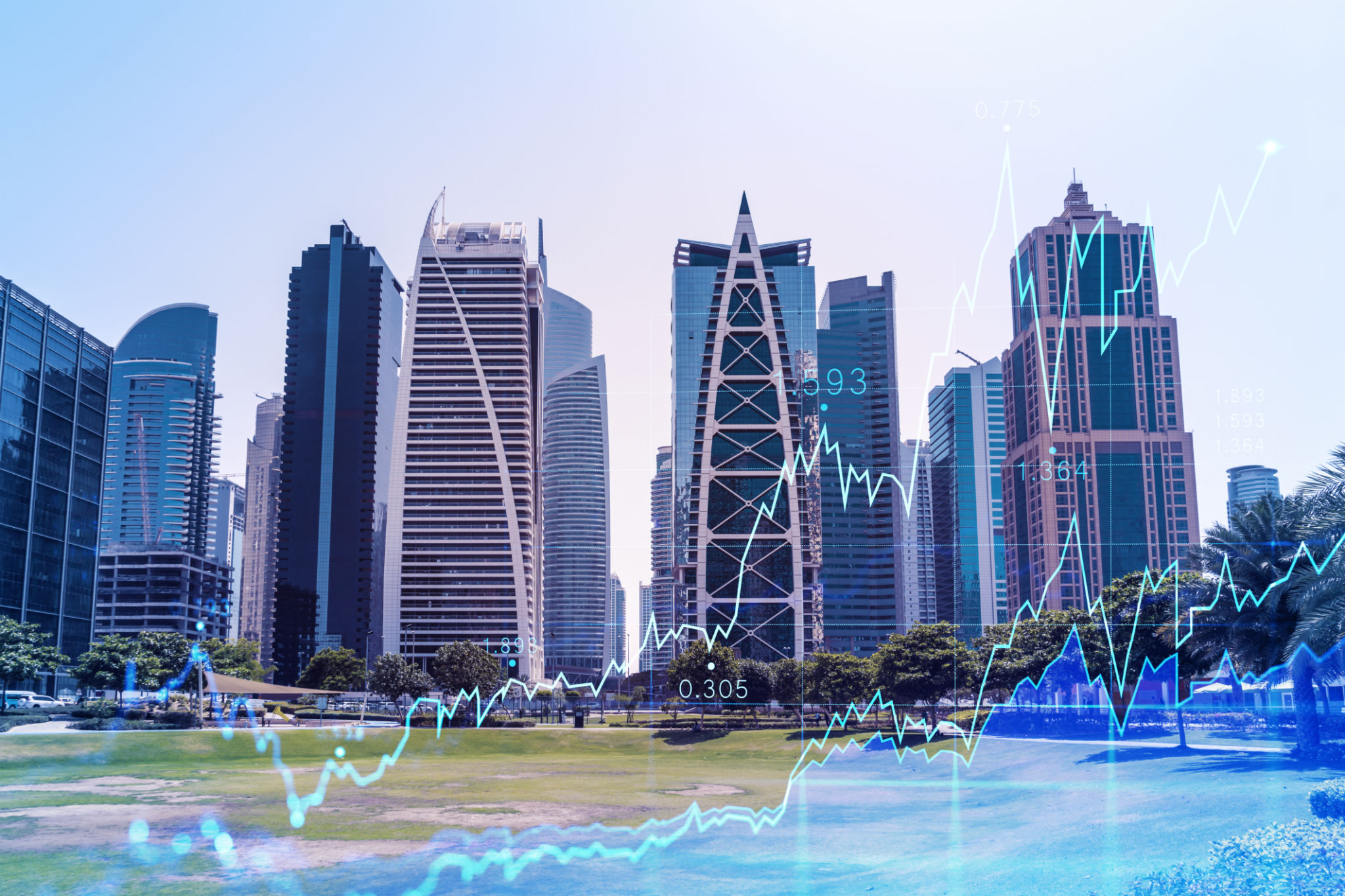Navigating the Challenges of Real Estate Development in the Middle East
Understanding the Real Estate Landscape in the Middle East
The Middle East is a region renowned for its rich history, cultural diversity, and economic potential. However, navigating the real estate development landscape here presents unique challenges that require a nuanced understanding of local markets, regulations, and cultural dynamics. Developers must be prepared to adapt to rapidly changing environments while seizing opportunities that arise.

Regulatory Framework and Compliance
One of the primary challenges in real estate development in the Middle East is understanding and complying with the regulatory frameworks of different countries. Each nation has its own set of rules governing property ownership, foreign investments, and construction standards. Staying updated on these regulations is crucial for developers who wish to succeed in this region.
Moreover, compliance with local laws and obtaining the necessary permits can be a time-consuming process. Navigating bureaucratic hurdles often requires working closely with local partners or consultants who have in-depth knowledge of the legal landscape.
Cultural Sensitivity and Social Dynamics
Cultural sensitivity is another critical factor that developers need to consider. The Middle East is a region with diverse cultures and traditions, which can significantly impact real estate projects. Understanding local customs and social norms is essential to avoid potential pitfalls and to build projects that resonate with the community.

Engaging with local communities and stakeholders from the onset can foster goodwill and facilitate smoother project execution. It is important for developers to demonstrate respect for cultural values and traditions in their planning and execution.
Economic Factors and Market Trends
The economic landscape in the Middle East is characterized by volatility due to fluctuating oil prices, geopolitical tensions, and changing global economic trends. Developers need to stay informed about these factors as they can significantly influence market conditions and investment opportunities.
Investors should also pay attention to emerging market trends such as the rise of sustainable development, smart cities, and technological integration in real estate. These trends are reshaping the industry and presenting new avenues for growth and innovation.

Infrastructure Development and Technological Integration
Infrastructure development is pivotal to the success of real estate projects in the Middle East. Countries in the region are investing heavily in improving transportation networks, utilities, and communication systems to support urbanization and economic growth.
Additionally, technological integration is becoming increasingly important in real estate development. Smart technologies are being incorporated into projects to enhance efficiency, sustainability, and user experience. Developers who embrace these innovations are likely to gain a competitive edge.
Sustainability and Environmental Considerations
Sustainability has emerged as a key consideration in real estate development worldwide, and the Middle East is no exception. With increasing awareness of environmental issues, developers are being challenged to create eco-friendly projects that minimize environmental impact.

This involves adopting green building practices, utilizing renewable energy sources, and ensuring efficient resource management. Projects that prioritize sustainability not only benefit the environment but also attract environmentally conscious investors and buyers.
Conclusion: Strategic Planning for Success
Navigating the challenges of real estate development in the Middle East requires strategic planning, cultural understanding, and adaptability. By addressing regulatory requirements, respecting cultural dynamics, staying informed on economic trends, leveraging technology, and prioritizing sustainability, developers can successfully capitalize on the opportunities this dynamic region offers.
The key to thriving in this complex environment lies in building strong local partnerships, investing in continuous learning, and remaining agile in response to changing conditions. With these strategies in place, real estate developers can chart a path to success in the Middle East.
